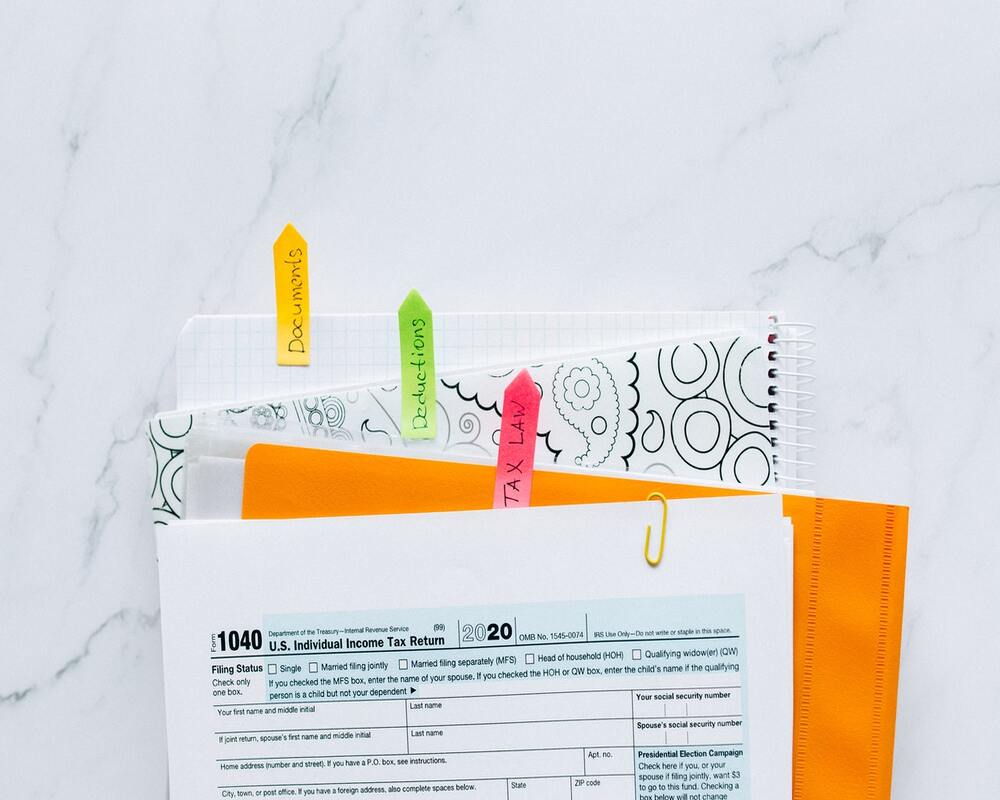
Beginning your accounting career is exciting and perhaps even a bit intimidating: you want to start in a role that you can perform well with your current skillsets, but that gives you room to learn and grow, with people and a company that match your working style and values. While it’s important to remember that your starting role is just that—your beginning—it’s also worth looking carefully to find a position that makes you excited about growing in the profession. Learning more about accounting entry-level jobs and how you can find the best one for you.
Summary
Entry-level accounting offers diverse roles (General Accounting Staff, Tax Preparer, Assistant Auditor, Finance Assistant, Bookkeeper) across various industries with salaries averaging $37,092 to $54,749. Advancement depends on securing additional credentials like the CPA, CMA, EA, or CIA.
What are some entry level accounting jobs?
Your first accounting job may take many different forms, with various options spreading industries, specializations, and salary. These examples can help you start weighing your options.1 2
General accounting staff
Description: Also known as an Accounting Clerk or Accounting Assistant, staff members support in daily accounting tasks like entering data into software, reviewing financial records for accuracy, and preparing invoices.
Requirements: You should have a good command of basic accounting knowledge, earned through university coursework and accounting-related internships. If you haven’t yet completed your accounting or finance degree, you should be close to graduation. You may also have newly earned accounting certifications to boost your resume when applying.
Industry: Public accounting
Average salary: $54, 7493
Tax preparer
Description: All individuals and businesses in the US must pay taxes to the IRS, and many turn to tax preparers to ensure they are compliant and up-to-date with these obligations. As a tax preparer, you will fill out tax forms and send them to the IRS, as well as help clients optimize their tax savings and remain compliant with the tax law.
Requirements: To become a tax preparer, your only legal requirement is a Tax Preparer Identification Number (PTIN). With a PTIN, you’re authorized by the IRS to prepare and file someone else’s taxes. However, you’re limited to only this service and can’t expand your offerings. By earning your Enrolled Agent (EA) designation or Certified Public Accountant (CPA) license, you gain unrestricted authority and can expand your tax services (and earning potential) to include tax preparation, representation, and audit defense.
Industry: Tax
Average salary: $37,0924
Assistant auditor
Description: As an audit assistant, you’ll work with senior auditors to ensure accuracy in raw data and final reports, conduct preliminary research for the audit, gather and organize data, and perhaps assist in preparing the audit report.
Requirements: You should have basic auditing knowledge, either almost or already graduated with a degree in finance or accounting. Likewise, an Internal Audit Practitioner (IAP) certification can significantly boost your resume while job searching.
Industry: Audit
Average salary: $41,0955
Finance assistant
Description: Finance assistant join a company’s internal team of finance professionals to help create budgets, analyze investments, leverage market data and historical trends to inform while the company’s decision-making. While as an entry-level finance assistant you would not have the responsibility of the decisions and analyses, you would help ensure accurate and organized information and reporting.
Requirements: You should have at least a four-year degree in finance or accounting. Similar internship experience that supports your hands-on expertise is also helpful.
Industry: Finance
Average salary: $47,2516
Bookkeeper
Description: Bookkeepers ensure that an organization’s data is accurate and well-organized for easy accessibility and analysis. Your daily tasks would include input of data, tracking cash flow, extraction of reports, and financial record reconciliation.
Requirements: You should have at least an associate degree in accounting or a bookkeeping certification before applying.
Industry: Accounting
Average salary: $50,5737
How to find an entry level accounting job
When applying for entry level accounting jobs, it’s important to consider your strengths, your goals, and the type of company or environment that you hope to join.
For example, if you have taken and thrived in auditing coursework, you may look for an entry level auditing position. However, if your public accounting classes were your favorite, you could look for a starting position at a large firm.
In the same way, if you know that you want to grow in a particular industry or specialization within accounting, you should seek employment in that area, which will give you the skills, experience, and resume you need to get started.
And while an entry level job won’t necessarily fulfill all your career or salary goals, you should accept a position at an organization where you get along with the team and you’re aligned with the company or firm’s values and mission.
Growing your career beyond entry level
While entry level accounting jobs are an exciting entrance into the professional workforce, your goals likely include growth and advancement beyond the starting positions. To advance your career and reach all your goals, you’ll have to embrace continual learning and the pursuit of additional credentials beyond your four-year degree. Explore certifications that impart knowledge and authority in the area in which you want to grow. Here are a few of the most well-known and valuable credentials within the major career pillars of accounting and finance. You may choose to pursue one or more throughout your career, depending on your goals:
Public accounting: Certified Public Accountant (CPA) license
Accounting and finance for private industry: Certified Management Accountant (CMA) certification
Tax services: Enrolled Agent (EA) credential
Auditing: Certified Internal Auditor® (CIA) certification
As you earn accounting licenses and certifications, your expertise grows alongside your resume, opening more advanced job positions that come with the benefits of greater responsibility and more stimulating projects, higher earning potential, and more. Plus, most accounting credentials require that you complete continuing professional education (CPE) credits, giving you the motivation and accountability to keep learning throughout your career.
Get started
Whatever your plans for the next 20 years as you grow in the profession, it’s an exciting time! Review your options of entry level accounting jobs and choose the one that will set you up for success—knowing that it’s just the beginning.
And as you get started, Becker is there to support you reaching your career goals with professional exam review and continuing education. Whether you choose to earn a CPA license or CMA, CIA, or EA certification, rely on Becker to help you prep for success.
Start with our downloadable free CPA Exam Guide, which details everything you need to know about earning the accounting industry’s most useful and versatile credential.
- https://www.accounting.com/resources/top-entry-level-jobs/
- https://www.coursera.org/articles/accounting-entry-level-jobs
- https://www.ziprecruiter.com/Salaries/Entry-Level-Accountant-Salary#Yearly
- https://www.ziprecruiter.com/Salaries/Tax-Preparer-Salary#Yearly
- https://www.ziprecruiter.com/Salaries/Audit-Assistant-Salary#Yearly
- https://www.indeed.com/career/entry-level-finance-assistant/salaries
- https://www.ziprecruiter.com/Salaries/Bookkeeper-Salary#Yearly











